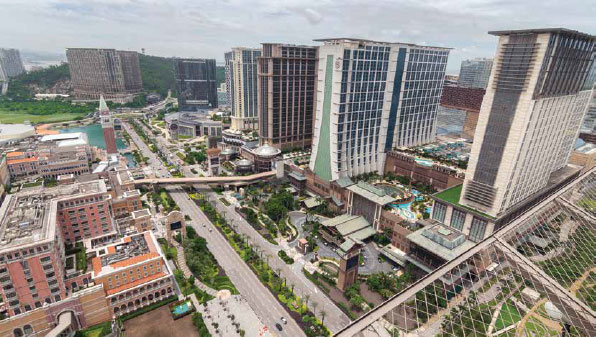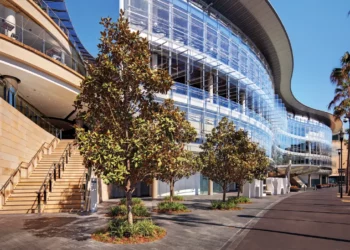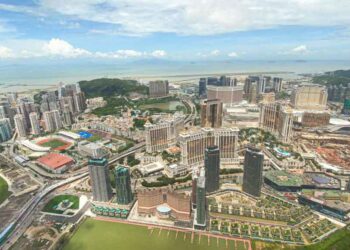As the gaming world patiently awaits release of the first details with regards to the extension of gaming rights for Macau’s six casino operating concessionaires, the outcome of components such as the number of concessionaires, gaming concession tax and non-gaming revenue in the re-tendering process can significantly re-shape Macau’s current tourism structure.
Analysts and casino operators diverge on whether additional gaming licenses should be granted for new entrants at license renewal. The 13 Hotel was recently granted a hotel operation license, however in terms of adding a gaming license it is placed in a similar situation to Suncity Group, Golden Dragon Group and other casino investors hoping that new gaming licenses will be issued – and they will be a beneficiary.
In the event that new gaming licenses are indeed introduced, more integrated casino resorts and more amenities will become available, not only providing the potential to strengthen the global status of Macau’s gaming industry, but creating competition among the SAR’s new and existing gaming operators in pursuit of market share.
This in turn promises to be a bonus for the players themselves – better promotions, better customer service and improved visitor satisfaction.
Since Macau overtook Las Vegas as the leading gaming center in the world, interest from travelers keen to experience all that Macau has to offer has spiked. In gaming terms at least, the Cotai Strip has become the new Las Vegas Strip, including its very own scaled-down Venice canal and Piazza San Marco at the Venetian, half-size Eiffel Tower at the Parisian, 4D Batman ride and figure 8 Ferris wheel at Studio City, and the House of Dancing Water resident show at City of Dreams. Many of these are now iconic attractions – to this day, 50% of visitors to Macau visit the Venetian even though it has been around for 11 years. Today, it still attracts over 27 million visitors a year, not far off the annual 30 million tourists visiting Venice, Italy.
On the flip side of the coin, over 100,000 people in Macau are either employed in gaming or gaming related industries and one-fifth of Macau’s entire active labor force is working in the gaming industry alone. This makes allocating additional workers tricky.
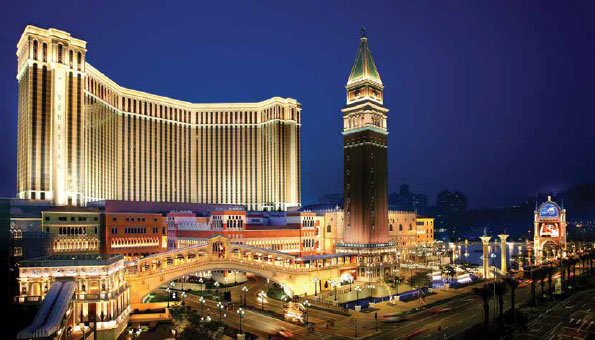
Another concern is that Macau is already the most densely populated place on earth with three times the population density of Hong Kong. Such land limitation is likely to cause great difficulty with regards to further casino developments should new licenses be granted.
Despite its geographic advantage of bordering mainland China, there are now only three plots remaining – plots 3, 7 and 8 next to Sands Cotai Central on the Cotai Strip – potentially available for new properties.
The concession re-tendering will also bring changes to current junket promotor licenses. Macau’s Chief Executive Fernando Chui Sai On stated in his 2017 Annual Policy Address that tightening regulations on junket operations at re-tendering is likely to create an extra thrust for casino operators to further shift their focus to premium mass.
It’s notable that the 19% revenue growth Macau’s operators achieved in 2017 after a three-year decline was most heavily aided by a 27% rise in the VIP segment, whereas mass market grew by only 10%. Undoubtedly, VIP will continue to play its part in Macau, however the profit margin for casino operators in VIP comes in at around 10% after deducting the junket operators’ share and VIP rebates. By comparison, profit margin in premium mass is closer to 40%.
Macau’s Gross Gaming Revenue (GGR) peaked at US$45.27 billion and US$44.16 billion in 2013 and 2014 respectively, a time when the VIP segment represented around 75% of total GGR. As Macau is the only location in China where casino gambling is legal, Chinese visitors comprised over 70% of all visitors entering Macau in 2017, which also accounted for 17% of all China’s outbound tourists and around 90% of all gambling activities by Chinese nationals.
Many of Macau’s VIPs are among the 1.3 million high net worth Chinese individuals whose combined wealth totals US$4.3 trillion.
However, VIP has been declining over time, even with its recent surge. Due to the impact of a Chinese Government crackdown on corruption and outward capital flow, mass market’s contribution rose from 27% in 2011 to 43% in 2017, while some new facilities like Melco Resorts’ luxury Morpheus hotel have started eliminating the traditional VIP junket areas – a clear indication that Macau is no longer so reliant on the VIP segment.
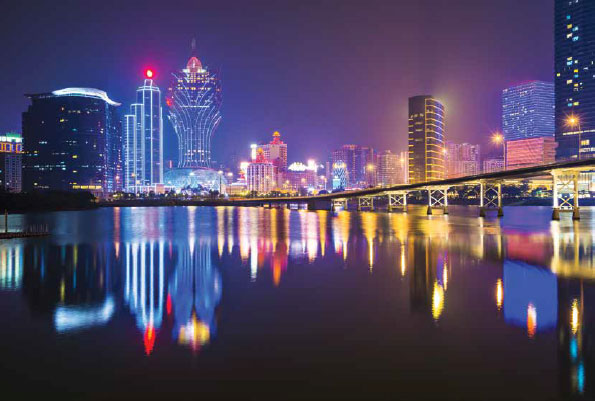
Growing the mass market segment also brings with it other benefits from a tourism perspective, as those visitors are more willing to spend on hotel rooms, restaurants, shopping, watching shows and concerts and visiting tourist attractions as well as trying their luck at the tables. VIPs, on the other hand, are profoundly different – often preferring to spend their entire visit gambling.
All indications suggest that rapid growth era for Macau’s gaming industry may soon be coming to an end, with Asia’s gaming hub instead reaching maturity. When an industry hits maturity, besides requiring a stronger marketing effort, diversification is often key to maintaining sustainability.
License re-tendering provides the best opportunity to make the adjustments required to better suit the gaming industry’s future needs and offerings, as well as gaming trends and competitive differentiation for the next 10 to 15 years.
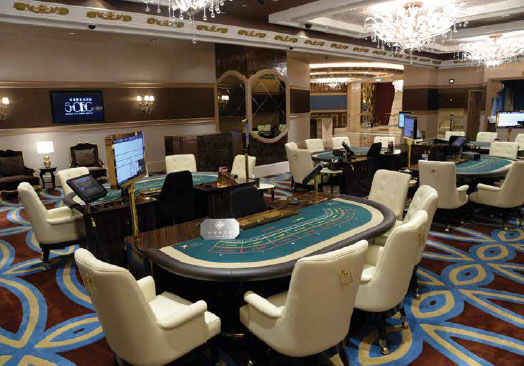
For example, market trends show the millennial generation prefers to game online rather than gambling at an actual baccarat or blackjack table.
One of the biggest online gaming platforms is the US$9.06 billion eSports industry. With this in mind, online gaming licenses may also be worth considering during the re-tendering process in order to accommodate future demand and to secure a percentage of this unique industry’s massive global market. In Las Vegas, MGM Resorts and Caesars Entertainment have already added new eSports venues solely dedicated to video gaming competitions.
Macau’s re-tendering looms as an important moment in the SAR’s long-term future but also a unique opportunity to take the next big step forward.






